Trouble sleeping? Your bedroom temperature might be why you keep waking up at night
Experts say this is the best temperature for sleeping — and you won't believe how low it is
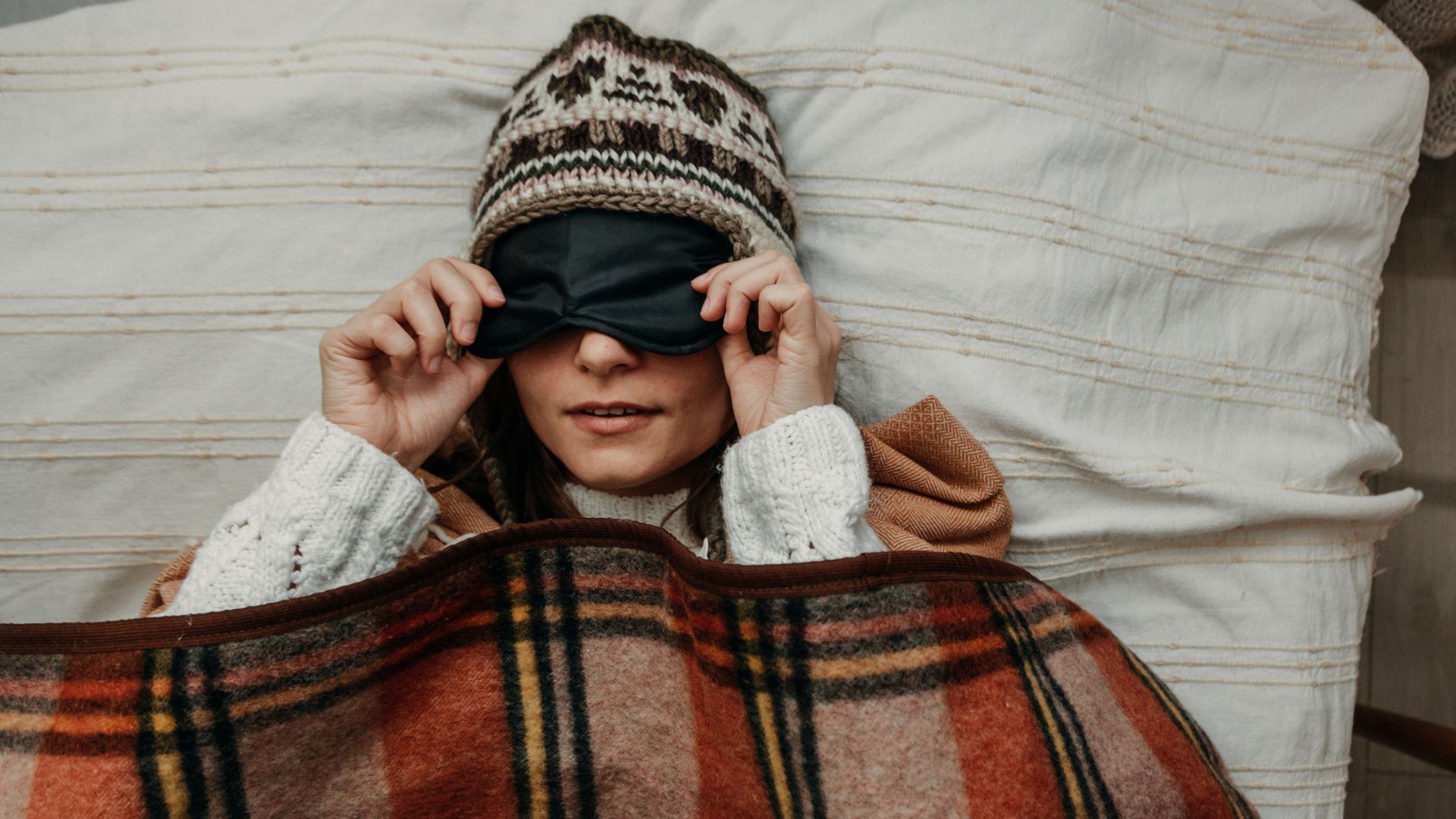
Here at Tom’s Guide our expert editors are committed to bringing you the best news, reviews and guides to help you stay informed and ahead of the curve!
You are now subscribed
Your newsletter sign-up was successful
Want to add more newsletters?

Daily (Mon-Sun)
Tom's Guide Daily
Sign up to get the latest updates on all of your favorite content! From cutting-edge tech news and the hottest streaming buzz to unbeatable deals on the best products and in-depth reviews, we’ve got you covered.

Weekly on Thursday
Tom's AI Guide
Be AI savvy with your weekly newsletter summing up all the biggest AI news you need to know. Plus, analysis from our AI editor and tips on how to use the latest AI tools!

Weekly on Friday
Tom's iGuide
Unlock the vast world of Apple news straight to your inbox. With coverage on everything from exciting product launches to essential software updates, this is your go-to source for the latest updates on all the best Apple content.

Weekly on Monday
Tom's Streaming Guide
Our weekly newsletter is expertly crafted to immerse you in the world of streaming. Stay updated on the latest releases and our top recommendations across your favorite streaming platforms.
Join the club
Get full access to premium articles, exclusive features and a growing list of member rewards.
Too hot or too cold? Sometimes it can seem impossible to find a sleep temperature that's just right. And this can have a big impact on how well we rest and recover at night.
Sleeping on the best mattress for your sleep style is all well and good, but if your bedroom temperature isn't on point, you may still struggle to nod off and catch restful ZZZs through the night.
There's hoards of advice about how screentime, caffeine and stress can affect your slumber, and the best temperature for sleep can often get lost among the many trendy sleep-maxxing methods.
Sometimes the secret to getting better sleep is simply turning down the thermostat. So, we've asked a handful of leading sleep experts to explain everything you need to know about the ideal room temperature for sleeping, and why it's worth taking note.
What is the best temperature for sleeping?
A 2020 study published in the Oxford Academic Sleep journal suggests optimal sleep temperature lies between 65 to 70 F (18 to 21 °C).
This study combines data from over 3.75 million nights and found bedroom temperatures outside this range were associated with poorer sleep and higher wakefulness.
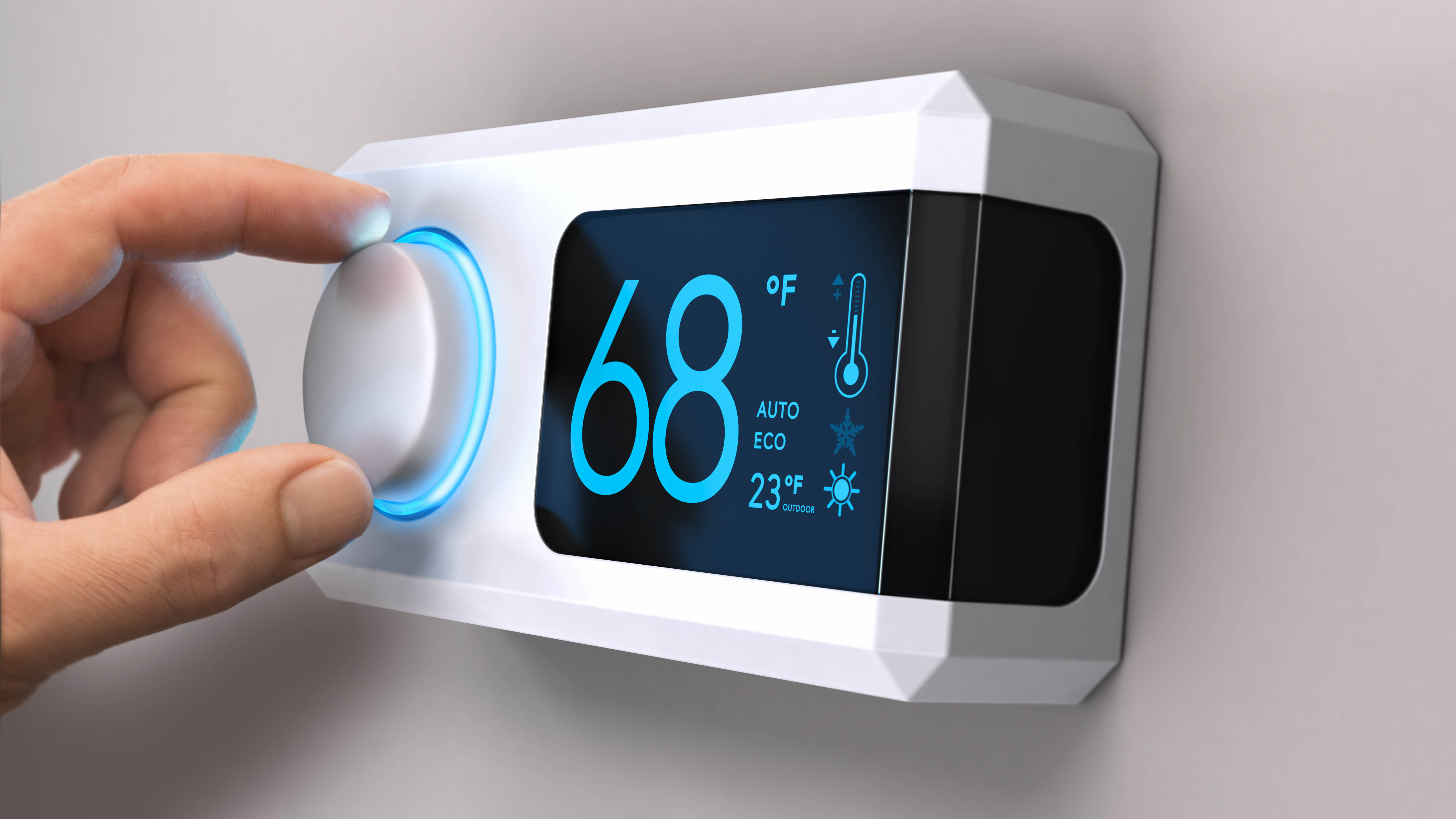
Elsewhere, research focusing on older adults suggests optimal sleep temperature is between 68 and 77 F (20 and 25 °C).
Get instant access to breaking news, the hottest reviews, great deals and helpful tips.
This indicates people over the age of 60 would benefit from a slighter warmer sleep environment for better quality sleep.
Why is there a recommended sleep temperature? Dr. Chris Winter, sleep expert, neurologist and MD of Mattress Firm explains: “The area in the brain responsible for temperature maintenance and sleep circadian rhythms are quite close to one another, therefore affecting your sleep.”
How does temperature help us fall asleep fast?
Our internal body clock (aka our circadian rhythm) pulls the strings on our sleep-wake cycle by releasing and suppressing sleep hormones, like melatonin, at the right time during the 24-hour day.
“Despite far more attention being given to the need for a drop in ambient light in order for sleep to be optimized, there is a similar response to a drop in ambient temperature," says Dr. Winter.
As our temperature starts to fall rapidly, that is the time we tend to feel most sleepy and seek rest
Alongside light exposure, temperature is a key stimulus in this circadian hormone cycle. Your body temperature naturally fluctuates throughout the day and tends to drop as you prepare for sleep.
A cool sleep environment helps facilitate this natural drop in body temperature, signalling to your body that it's time to snooze.
"Our body's intrinsic temperature curve that shows we are most awake and alert at 4pm or so, when our body's temperature is at its peak," explains Dr. Winter.
"As our temperature starts to fall rapidly, that is the time we tend to feel most sleepy and seek rest," he continues. "Creating higher highs (exercise, saunas) and lower lows (lower thermostat, cooling beds, light bed clothes, etc.) trends to amplify this relationship and support sleep.”
"Your brain becomes mixed up if the room is too warm and believes it is still daytime," adds Dr. Emma Lin, pulmonary and sleep medicine physician.
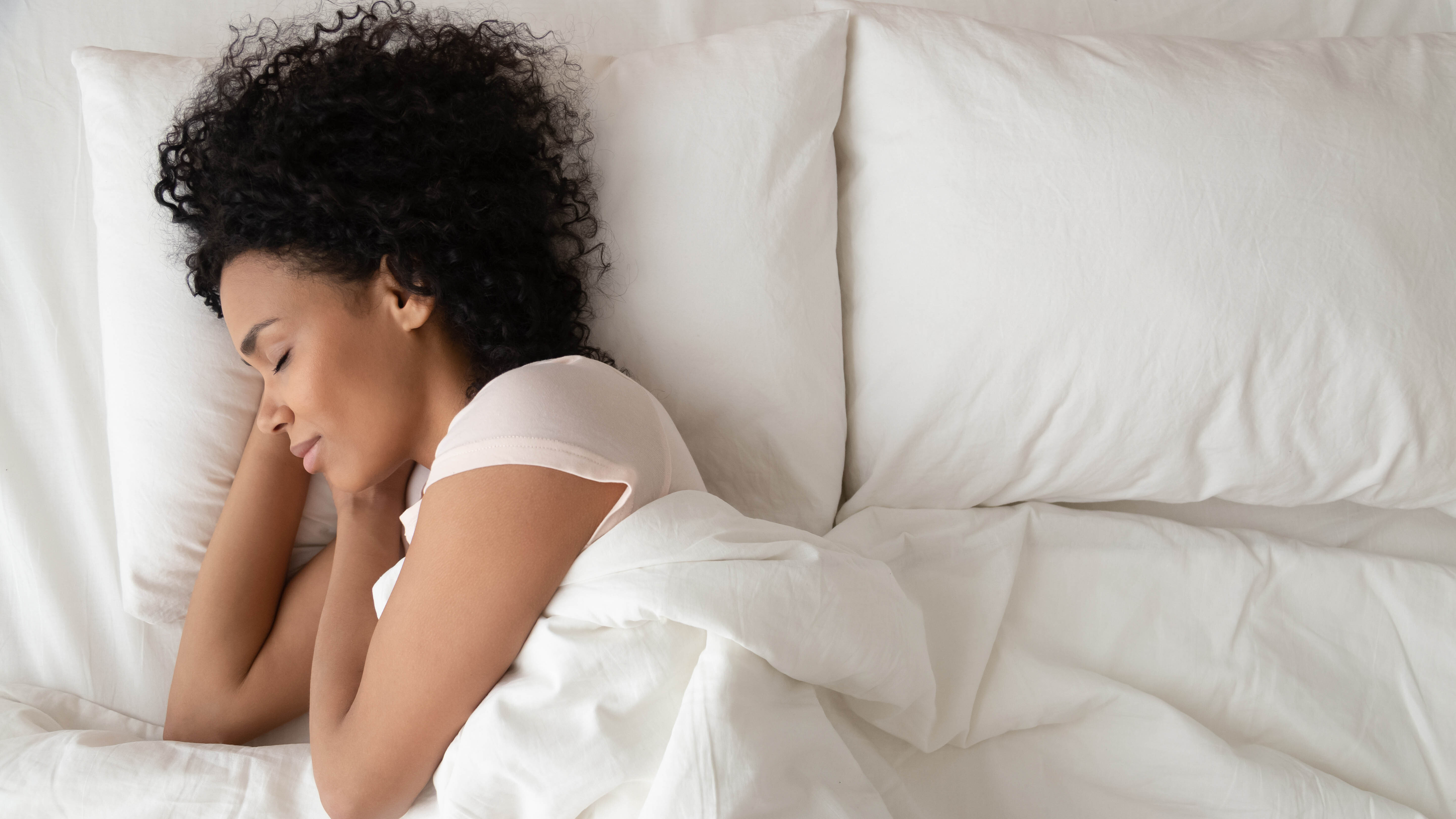
How does temperature help you sleep through the night?
It's not only sleep onset that is impacted by temperature. Our overall sleep architecture takes a toll too.
"Maintaining a cool bedroom is important for promoting optimal sleep quality because it aligns with the body's natural thermoregulation process, which plays a critical role in initiating and maintaining restful sleep," says licensed psychologist specializing in sleep Dr. Leah Kaylor.
"Cooler temperatures prevent overheating, which can cause sweating and discomfort that leads to sleep interruptions," she adds.
"A cool environment helps maintain a steady core body temperature throughout the night, facilitating continuous and restorative sleep," and the science agrees.
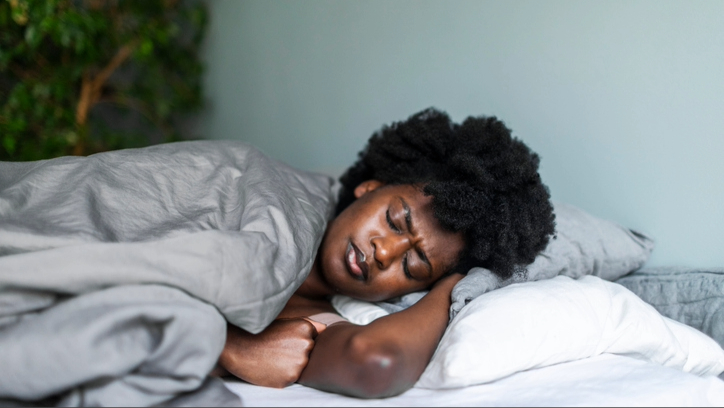
A study analysing the effects of thermal environment on sleep and circadian rhythm states: "Heat exposure increases wakefulness and decreases slow wave sleep and rapid eye movement sleep."
Without adequate time spent in these essential sleep stages, you won't wake up feeling refreshed or restored.
Does being too hot or too cold affect sleep differently?
It's not only bedtime sweaters that suffer. While sleeping hot is the bane of 57% of American's nights at least occasionally, 37% of Americans say being too cold is their sleep vice, according to Gallup News.
But each temperature woe has a different effect on sleep.
“When the temperature is too hot, it can make it difficult to fall asleep and stay asleep, disrupt sleep stages, increase sweating, and lead to dehydration,” explains Dr. Shelby Harris, Director of Sleep Health at Sleepopilis and a licensed clinical psychologist who specializes in behavioral sleep medicine.
Meanwhile, Dr. Harris says that temperatures too cold can “make it difficult to fall asleep, cause superficial sleep, increase muscle tension, and increase the risk of illness."
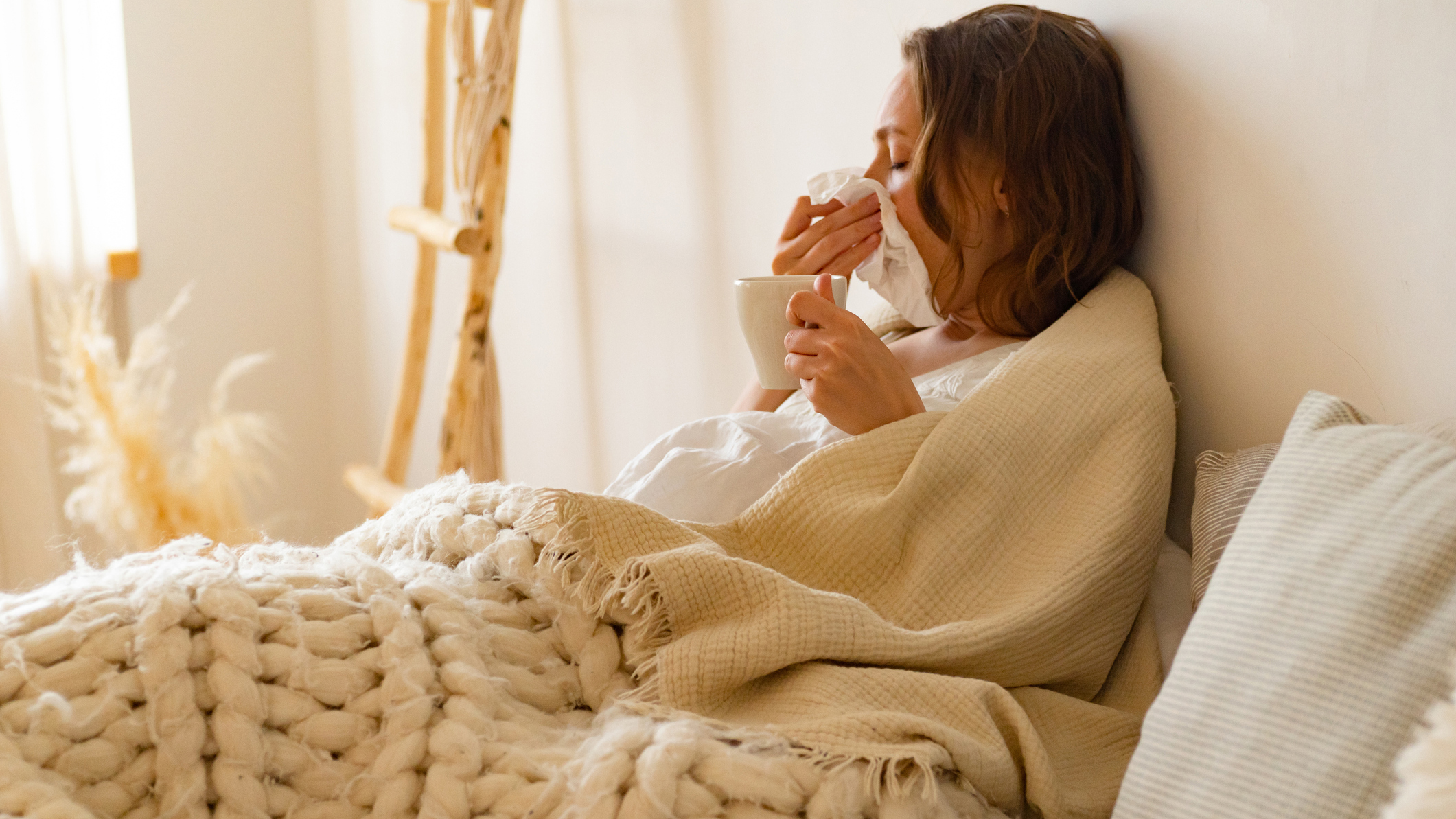
Sleep temperature can also cause respiratory problems. Dr. Lin explains that overheating " can also make it more difficult to breathe if you already have respiratory issues like asthma or chronic obstructive pulmonary disease."
"If you're too cold, you'll take longer to fall asleep and could develop coughing or wheezing problems," she adds.
Hot temperatures have also been linked to sleep apnea, as research links climate change with an increase in severe sleep apnea.
- Read more: Experts say sleeping with your bedroom door open helps you fall asleep faster — here's why
Pro tips for maintaining the best sleep temperature
Experts agree that, if you get too hot when you sleep, you should begin intentionally cooling yourself down about 90 minutes before bed. Here's how they recommend you do it...
1. Take a warm shower
Confusingly, exposing yourself to warm temperatures decreases your core body temperature. "It sounds comical, but taking a warm shower actually causes your body to cool down afterward," says Dr. Lin.
It sounds comical, but taking a warm shower actually causes your body to cool down afterward
Much research suggests adding a warm shower (or sauna if you have one accessible) to your nighttime routine can help optimize your sleep temperature, making it easier to fall asleep.
"A hot bath or shower initially raises your skin temperature, causing blood vessels near the skin's surface to dilate," Dr. Kaylor explains. "This helps your body release excess heat."
"When you step out of the bath and into a cooler environment, your body begins to rapidly lose heat, causing a drop in core body temperature. This mimics the natural cooling process that occurs when your body prepares for sleep."
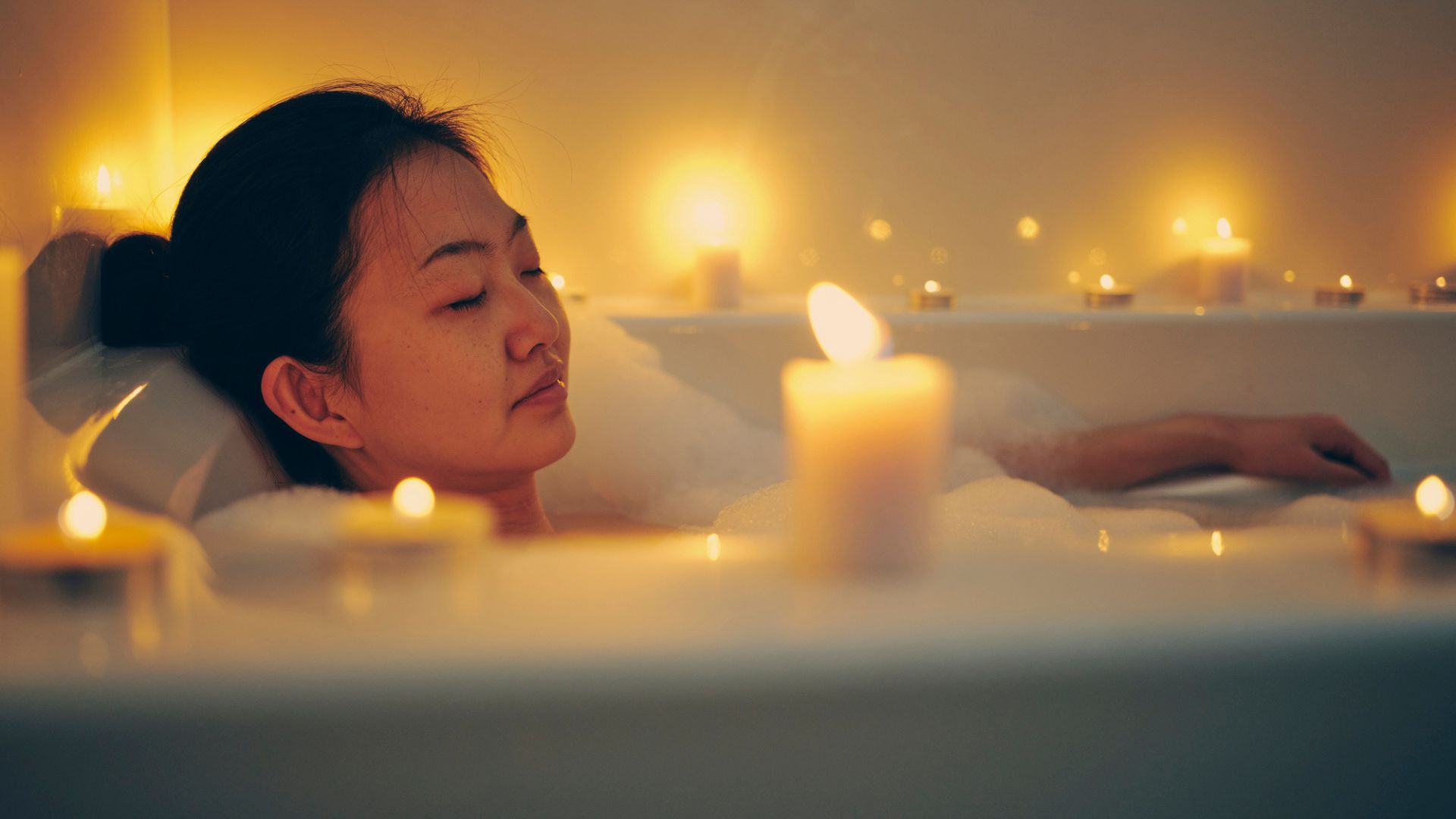
2. Avoid exercising close to bedtime
There's a two-way relationship between exercise and sleep, with adequate exercise helping you doze off and adequate sleep helping you perform better in the gym.
But you'll want to pick your workout time carefully to prevent a raised body temperature sabotaging your sleep.
When we exercise, our core temperature heats up like a furnace. If you exercise too close to bedtime, the "temperature bump will work against your sleep goals," Dr. Winters says.
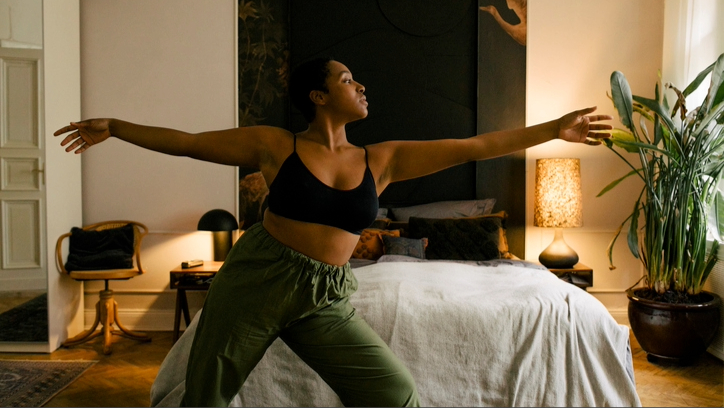
Experts recommend finishing up intense exercise at least 3 hours before hitting the hay to allow plenty of time for your body to cool down.
If the evening is the only time of day you can squeeze in movement, keep it light with some pre-bed stretching or yoga. Or, follow our guide on how to exercise for better sleep.
3. Invest in a temperature regulating mattress
We've tried and tested several of the best cooling mattresses on the market and recommend them to any year-round hot sleeper.
These mattresses are built with temperature-regulating technology, including high thermal conductivity materials or smart cooling systems, to help you reach an optimal sleep temperature at bedtime and maintain it all night long.
These specialized mattresses are an investment, but considering the impact temperature has on sleep, we think they're worth it. Plus, can you really put a price on comfortable sleep?
Do make sure, however, that you place your cooling mattress in a well-ventilated, cool room to reach the best temperature for sleep.
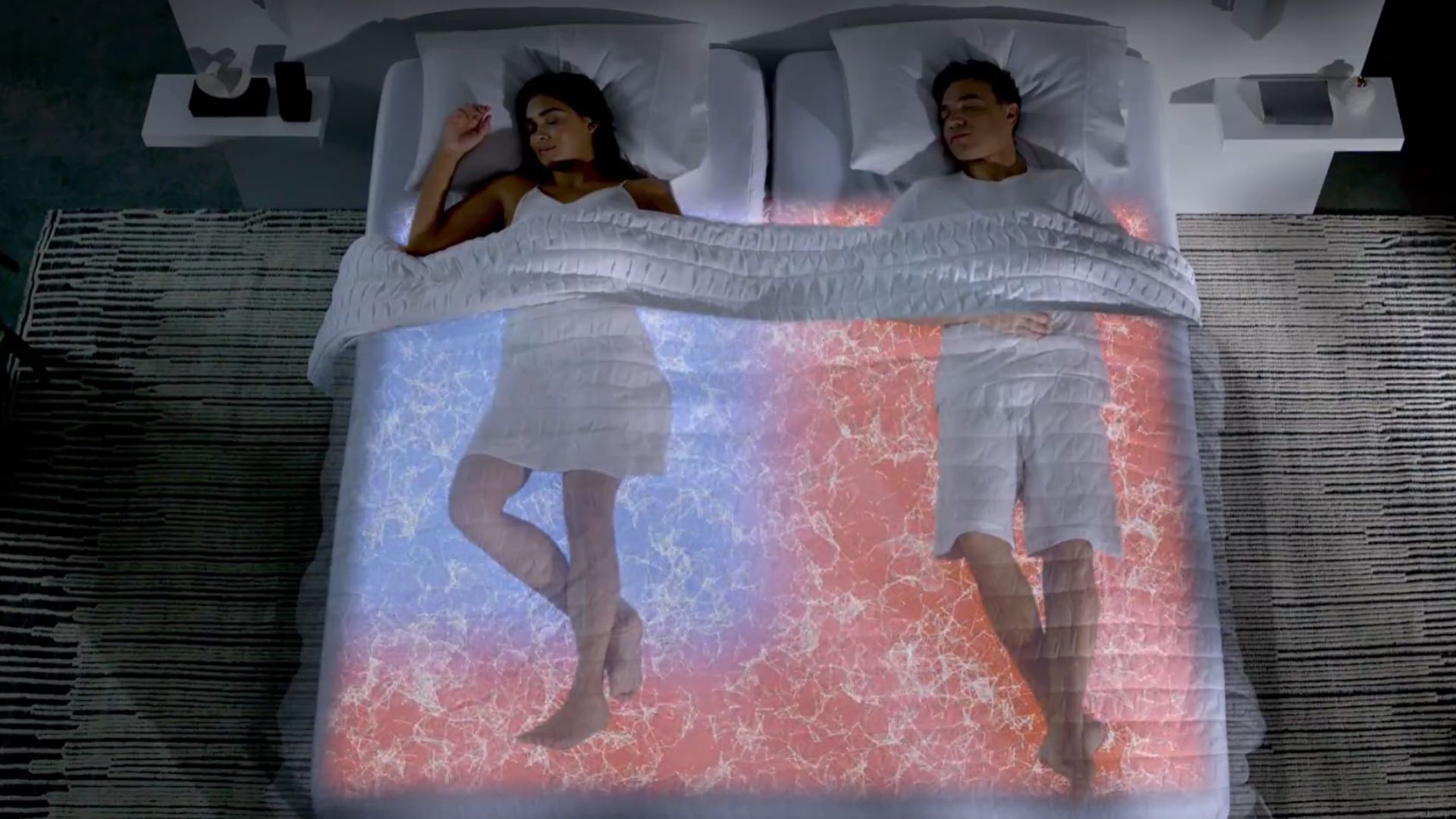
4. Choose breathable bedding and PJs
There's nothing worse than clammy bedsheets that cling to your body through the night. Investing in breathable bedding and lightweight nightwear is a great shout if you're struggling to cool down in the bedroom.
As a general rule, natural materials trump synthetic materials when it comes to climate control.
“Cotton and linen are good choices for bedding, as they allow your body to breathe,” explains Harris.
“Avoid using heavy blankets or comforters, as these can trap heat and make you feel too hot,” she advises.

Sarah is a freelance writer who has been published across titles including Woman & Home, The Independent, and the BBC. Sarah covers a variety of subjects, including health and wellness. For Tom's Guide Sarah often writes about sleep health and hygiene, and interviews leading sleep experts about common issues such as insomnia and sleep deprivation.
You must confirm your public display name before commenting
Please logout and then login again, you will then be prompted to enter your display name.
 Club Benefits
Club Benefits





